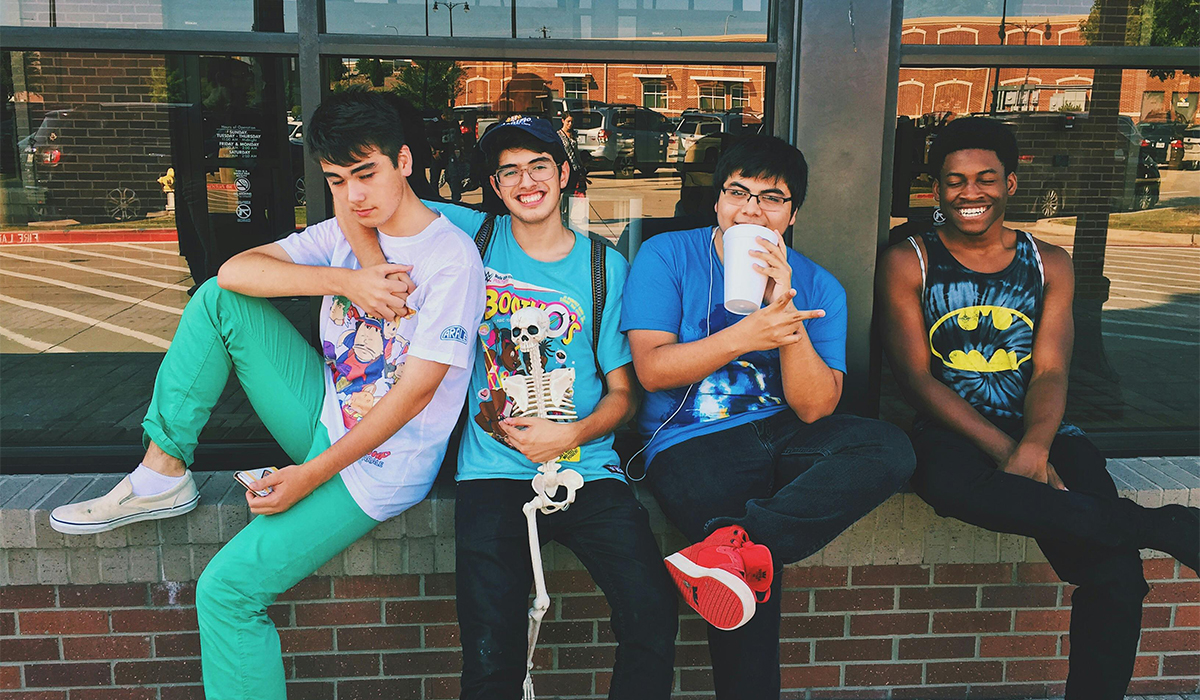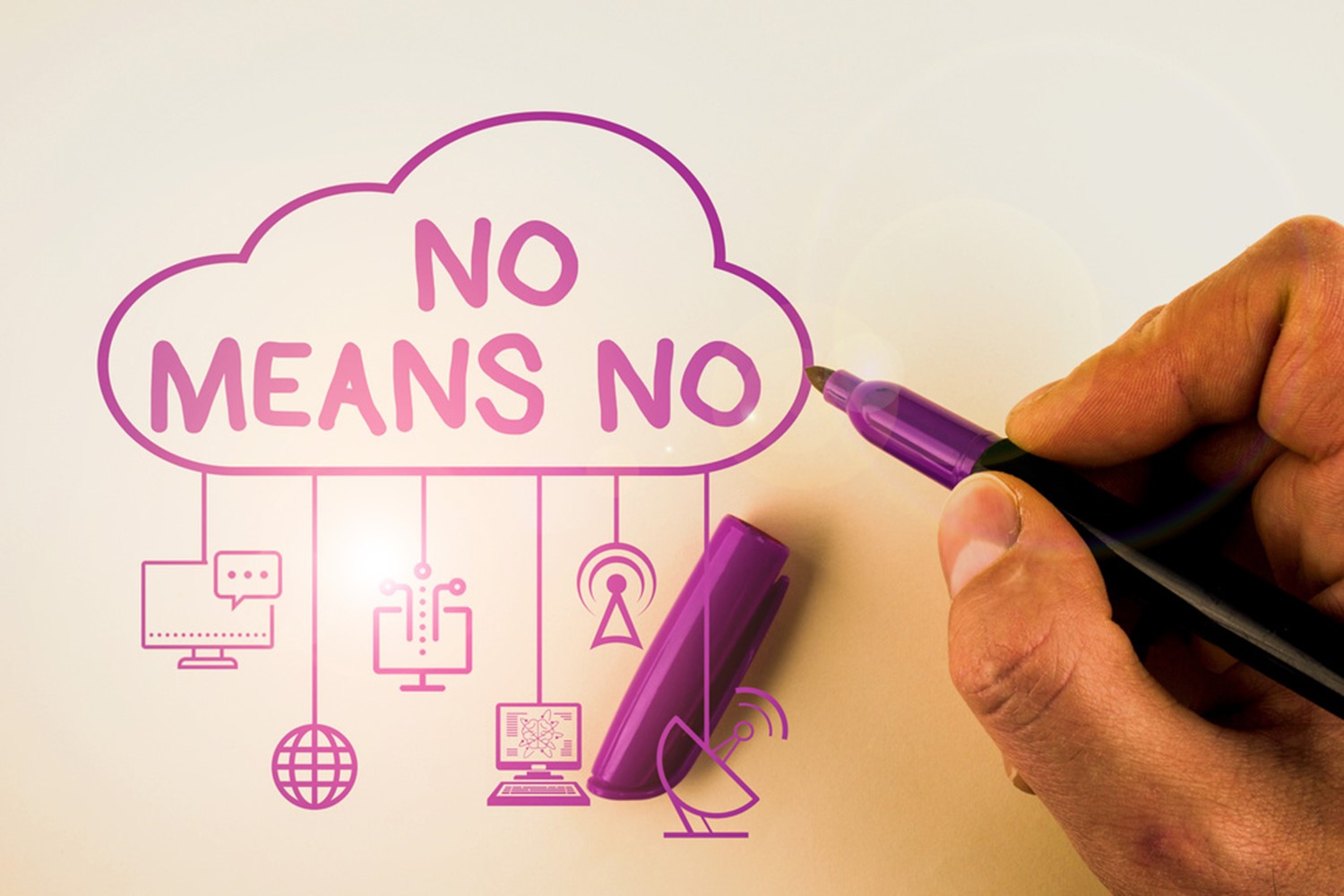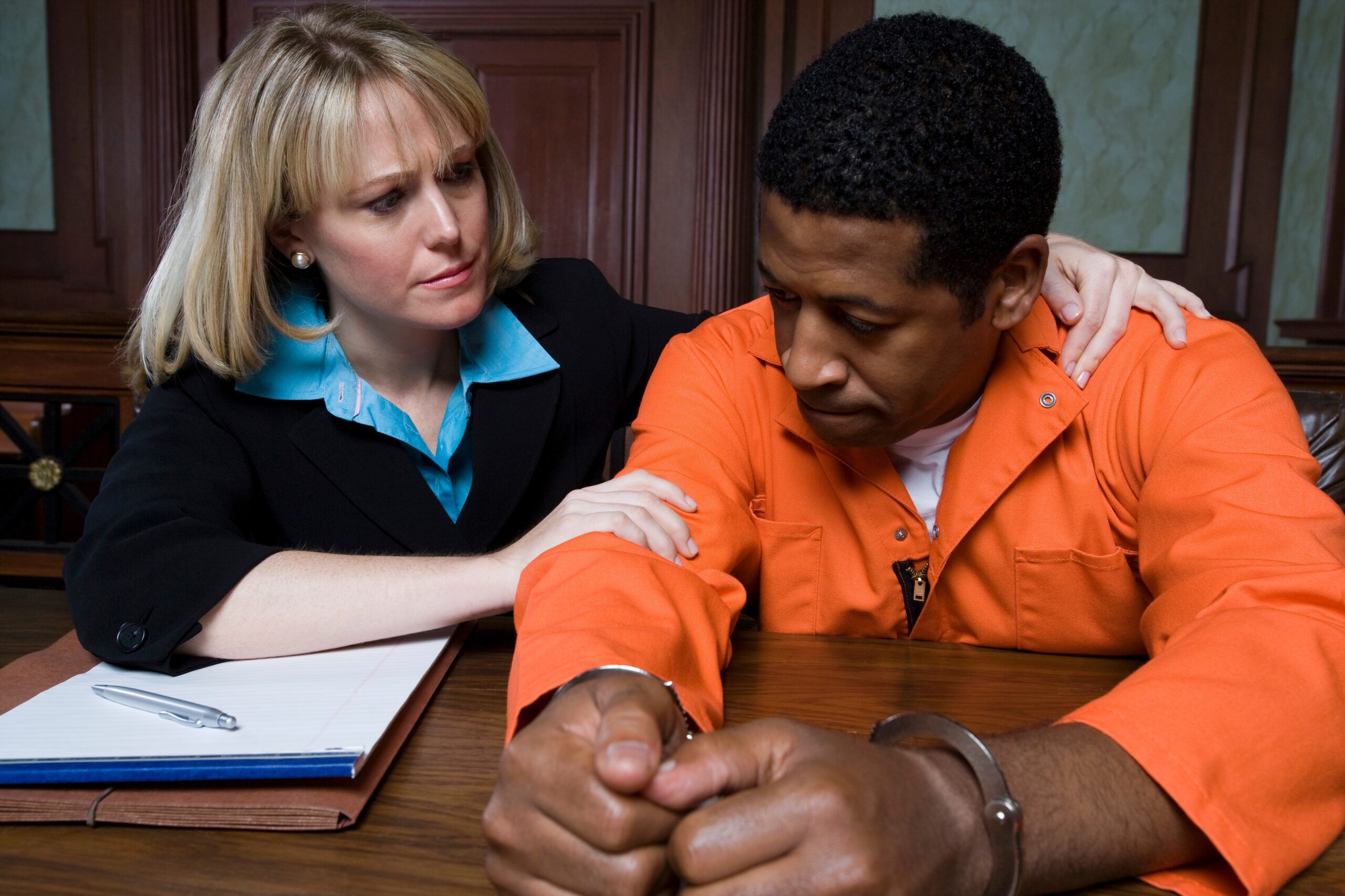Table of Contents
5 Subtle Forms Of Domestic Abuse You Shouldn’t Ignore
Domestic abuse threatens millions of people worldwide. Most of the recorded cases are on the abuse of women yet that’s not to leave out the men. Anyone can be a victim, and anyone can be an abuser. However, if you’re a person of colour, the risk of becoming a victim of violence becomes higher. (3)(4)
Many domestic violence cases often occur between individuals in an intimate relationship. It can happen to both heterosexual and same-sex relationships with the abuser being either party. The abuse may also start at any point in the relationship. Whether it happens at the beginning or years after, you must watch for any abrupt changes in your relationship or your partner. (3)
Common Traits of Domestic Abusers
No two abusers are the same yet most of them exhibit common traits, making it easier to spot the signs of potential abuse faster. These characteristics are:
- The abuser diminishes the severity or outright denies the violence they commit.
- The abuser views the victim as their property.
- The abuser blames their violent tendencies on stress, drugs, alcohol, and others.
- The abuser shows a nicer image in public or the presence of other people and changes when they return to the privacy of their home. (1)
If you notice these traits in your partner, you may be in an abusive relationship. Aside from these, you also have to look out for other forms of domestic abuse. Here are some of the most notable ones:
- Gaslighting
Domestic abuse stories often begin with the abuser gaslighting their victim. This form of psychological abuse distorts the victim’s perception, making them appear in the wrong while the abuser dictates their own narrative. It’s first on this list because it’s so subtle that you may not even notice it.
Abusers who gaslight usually insist that an abusive event never happened. They may insult or taunt their victims as a joke and accuse them of being overly emotional for reacting negatively. (2)(4)(5)
When you start wondering if you’re the crazy one, your partner is likely gaslighting you. You’ll know this when your partner says lines like “I don’t remember doing that” or “You’re making things up” to push you into a corner. As soon as you notice the signs, you must find help before things worsen. Prolonged gaslighting can result in a loss of trust in oneself and increased dependency on the abuser. (2)(4)
- Fawn response
The fawn response is a trauma reaction where the victim tries to please their abuser to avoid further violence. Victims second-guess all their decisions because of fear of doing something wrong to trigger their partners’ anger. Targets of domestic abuse also tend to yield to their abuser’s whims and attempt to appease them. Consequently, they trap themselves in an abusive relationship. (4)(5)
Even with the lack of immediate violence, an abuser’s past actions can affect how you make future decisions. If you find yourself being hesitant and often seeking permission from your partner first, you might be a target of domestic abuse.
- Isolation
Abusers have power when their victims have no one else to turn to, so they go to great lengths to keep them isolated. They tend to become possessive of their victims, prohibiting them from interacting with friends and relatives. Additionally, they may push victims to antagonise their own loved ones, damaging the stable relationship they once had. This rift will give the abuser more control over their victim, who will become reliant on them. (2)
If your partner appears highly jealous for no apparent reason or becomes too controlling over whom you talk to, they may be an abuser. A person like this insists on accompanying you wherever you go, even to school, work, or a grocery run. Sometimes, your partner may check in with you constantly. You might receive calls or messages from them always asking where you are or who you’re with. (1)(4)
This form of abuse can evolve over time. So, you may still have freedom during the beginning of your relationship. When you feel that your partner is limiting your movements and how often you get out of the house, you need to seek help immediately.
- Humiliation
Even if your partner doesn’t physically hurt you, you may still experience domestic verbal abuse such as humiliation. This method of harassment will lower your self-esteem, making you believe you’re worthless. You may be called insulting names or shamed for shallow reasons. Your partner may also share your private information without your knowledge. (3)
As a result of this private or public humiliation, your self-worth breaks. Victims often find it difficult to leave their abusive partners for fear of no one accepting them. (2)
- Sexual abuse
This form of domestic abuse can manifest in various ways. The most noticeable one is forced sex. Sexual abuse becomes subtle when the abuser does actions like sabotaging birth control methods or denying your sexuality. When your partner controls when you get pregnant or restrains you from using contraceptives, that is another sign of abuse. (1)(2)
In Conclusion
Many victims of domestic abuse don’t usually see the signs at first. It may be due to several reasons, such as fear or worry. Others deem the abuse as nothing more than minor. Hence, they don’t look for immediate help.
But no matter how insignificant a form of abuse may seem, it’s still abuse. Even if your partner only did it once, they may repeat the assault. So, you must seek professional assistance as soon as possible when you see the manifestations of abuse. (3)
References:
- Signs of Abuse
- 7 subtle signs of an abusive relationship
- Domestic Violence and Abuse
- 5 Lesser-Known Warning Signs of an Abusive Relationship
- Emotional Abuse, the subtle signs you need to know




































































